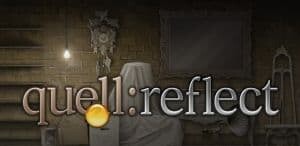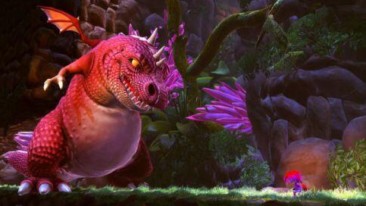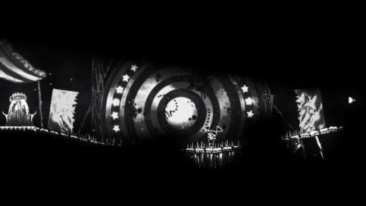Developer Summary:
A charming zen puzzler that is sure to test your brain and capture your heart! Quell Reflect has 80+ levels of ingenious gameplay, a gorgeous art style, and a haunting soundtrack. The objective is simple: slide a droplet around a layout of obstacles, traps and pathways, until you have collected all the pearls. Underneath this simple gameplay lies a world of intricacy!
What We Think:
Quell Reflect is the successor to the simply named “Quell” – a contemporary re-visioning of a puzzler created a decade-and-a-half ago, wherein you navigate a circular object (originally a smiley face, now a droplet of water) to collect all the “gems” on a given level. In some levels you will have two or more player objects that may be combined, sacrificed, or used in other clever ways to gather up all the goal points in as few moves as possible.
It is no surprise that the game immediately belies some savvy in design, as its “game director” Joe Moulding previously worked on such AAA titles as Timesplitters and Crysis 1, 2 and 3, and its art director Lewis Boadle worked on the beloved 007 GoldenEye series.
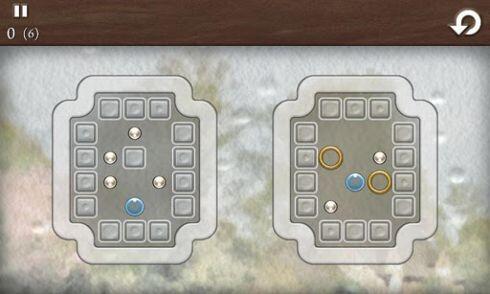
While Quell Reflect is not vastly different from its progenitor “Quell”, I chose to review it because it is considered to be slightly more challenging, and as such, the perfect balance of challenge and enjoyment for me. As it stands on its new incarnation, Quell Reflect’s appeal lies in its gentle, soothing mood, which makes it a great way to unwind while still offering legitimately thought-provoking challenges that keep your mind alert but not stressed, like a deep meditative gaze upon the paths of raindrops rolling down a window of your country home on a fall afternoon, which is the visual context it provides.
The screenshot below displays the many stages that can be unlocked as you progress through the game and within each are four levels that introduce a new twist or mechanic or combination thereof – which should give you a sense of how many unique puzzles are on offer here:
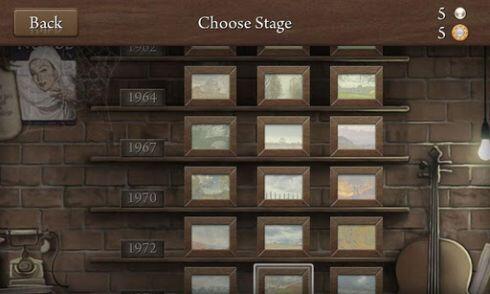
The reason that you will come to appreciate this page is that you will eventually want to go back and retry any stage that you did not manage to complete in the number of moves that the designers consider the “perfect score”. This means there are alternate ways to solve a puzzle, but there is always the challenge of doing so in the least number of steps. In fact, some players have managed to come in with even a move or two below the perfect score. So while there is no time challenge, this is also not sooo casual that you will slowly lose motivation to progress.
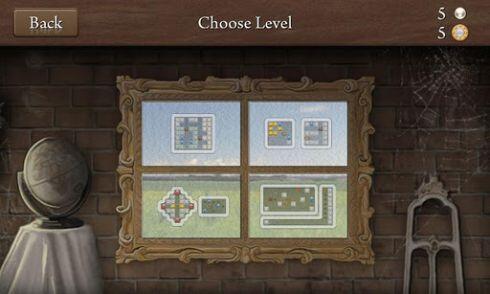
In the next image we see a variety of gameplay mechanics that are introduced over the course of the game, for example: spikes that will destroy you on contact (on the facing side or all sides), portals that will transport you to corresponding gateways, one-way gates, and movable blocks. Sometimes, as can also be seen in the Cabaret level below, there are multiple player objects – some that need to come together into one, some that can be sacrificed and so on. This is what keeps the game fresh and interesting – a constant rearrangement of options that work in a wide variety of combinations as you try to find the optimal set of moves.
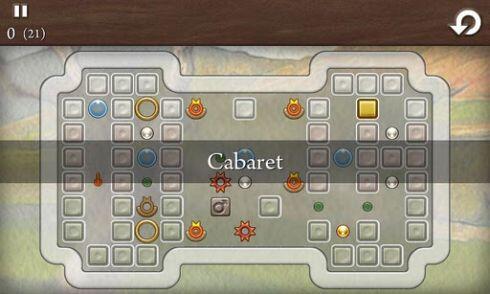
In many ways Quell Reflect reminded me of Smudgecat Games‘ astoundingly rich Adventures of Shuggy – always presenting fresh puzzle ideas (as opposed to merely lowering the time threshold or number of bad guys or using twitch mechanics or pixel-hunting). Except where Shuggy can at times feel like an agility-reliant platformer, the Quell series has a relaxing, contemplative design and path to solving.
Sometimes casual games with no time crunch can raise the concern that there is nothing engaging after a few levels, that essentially, it is a rinse-and-repeat time suck. But with time, what began as an 8-bit escape-the-maze game has grown into a vast collection of very well designed puzzles, each interesting in its own way. So in considering whether to play Quell Reflect or Shuggy, I say – pick whichever you’re in the mood for or suits your style because they are both truly excellent and generous with fresh ideas. In fact both feel like many many games for the price of one and both come at surprisingly low price points. Furthermore, in spite of the many varieties of gameplay they offer, sometimes so broadly variant as to appear to be completely different games from where you began, they are both beautifully integrated and follow very nice gradients. So kudos to both developers and the reason I draw the comparison.
I am posting the next image last because I did not want people who graze over articles to be misled about the game’s design by putting it first. The following image is what the game looked like in its first iteration 15 years ago.
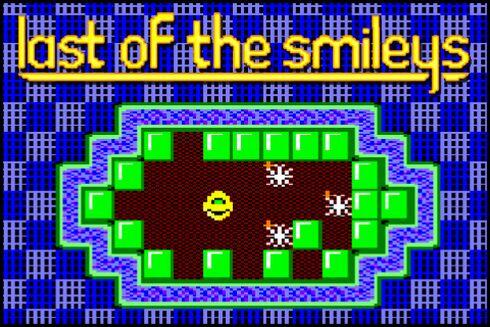
It is important to note that the developers could have easily updated the game’s code and simply submitted it to the respective App stores to cash in on the gold rush going on in indie gaming and app development, but instead Fallen Tree Games took a chance and overhauled the tone, the theme, the sound and the pace of the game. Rather than leaning on the overly-used concept of retro-styled pixel art, they went with a clean, subdued earth-toned palette and minimalist New Agey soundtrack that really supports the clever puzzles that were there all along. By allowing the puzzles to feature by virtue of these unobtrusive but alluring and cohesive design choices, they capitalized on fifteen years of iterative refinement of the game’s core play. The result is a resounding success.
All told is Quell Reflect worth the cost of a bottle of rain? Yes, and a lot more.
Fallen Tree Games – Official Site
Get Quell Reflect at the Google Play store for Android devices
[xrr rating=”4.5/5″]
Watch the video below demonstrating the design path for the Quell series from Concept to Completion:


